
Early crisis detection is becoming measurable—and thus a management task. IDW S 16 translates legal requirements into concrete standards for planning, risk transparency, and control. This article shows the consequences this has for managers, financiers, and strategic decisions.
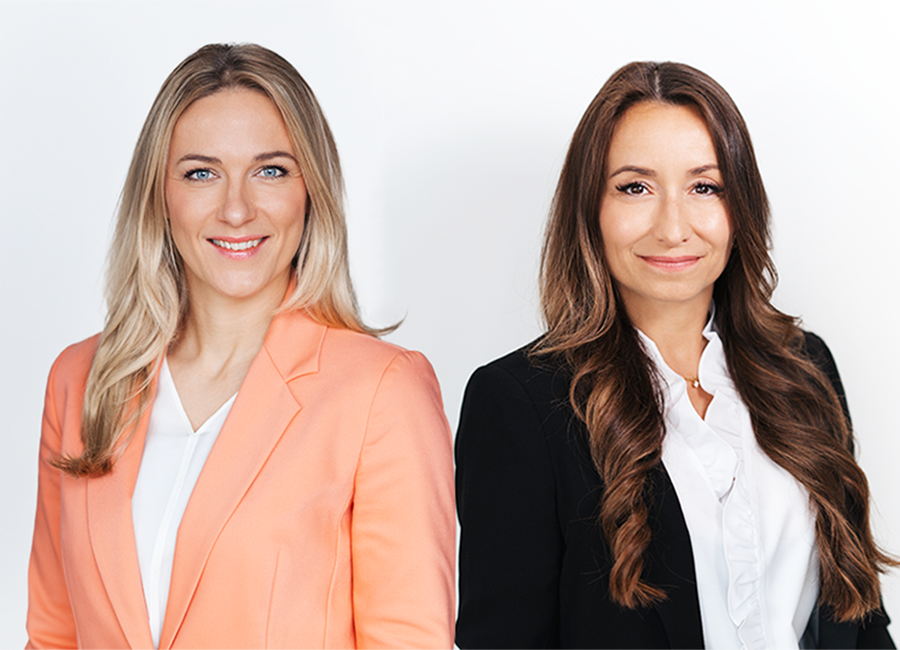
Transformation rarely fails because of strategy—it fails because of a lack of leadership capacity in business-critical roles. In this interview, Anne Rienecker and Julia Hammer explain how People Advisory effectively supports companies in phases of growth, transformation, and complex transition. They also explain why sustainable impact requires more than just quick staffing.
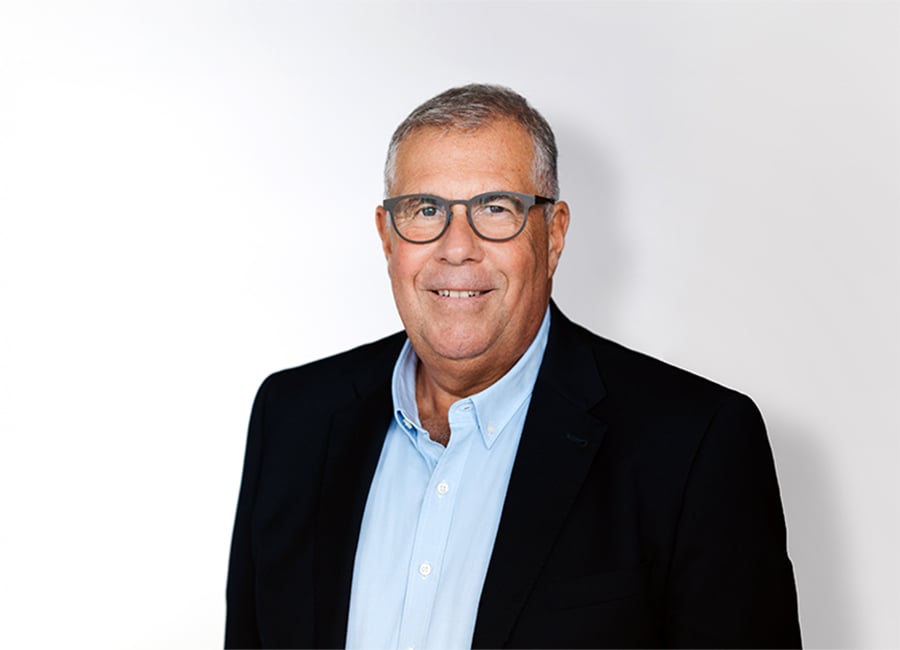
Many medium-sized companies wait too long to respond to warning signs—and lose valuable time for successful restructuring. In this interview, Dr. Stefan Frings explains why CFO strength, reliable figures, and the courage to take far-reaching measures are crucial today in order to stop crises early on and secure room for maneuver.

2025 was a challenging year for many companies – marked by high dynamics and complex decisions. At the end of the year, we therefore compiled the top ten of our most discussed and strategically relevant technical articles: topics that were of particular concern to decision-makers in 2025 – and will continue to gain in importance in 2026.
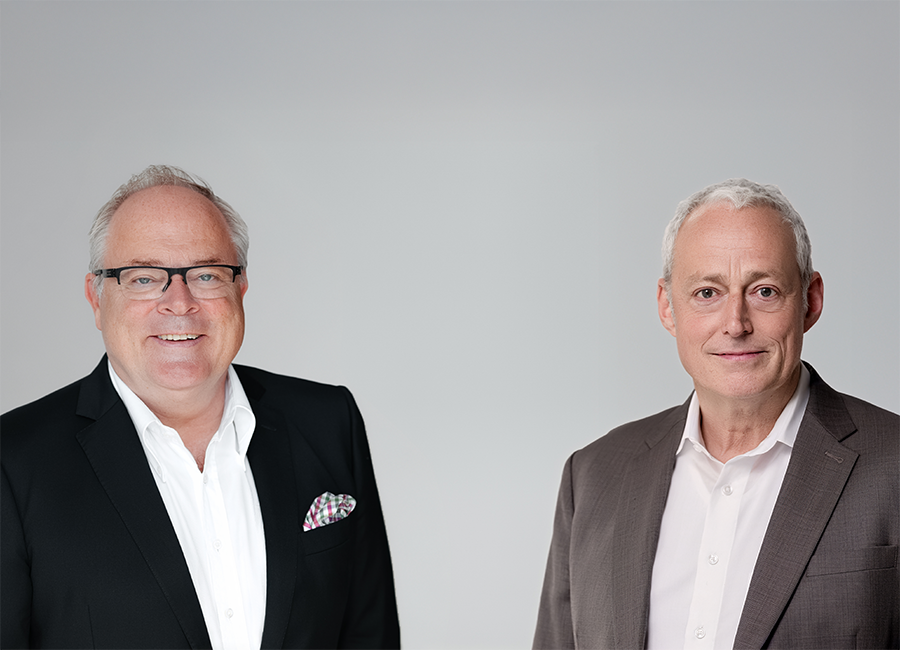
For small and medium-sized enterprises, 2025 was characterized by volatility, uncertainty, and a challenging financing situation—but at the same time by greater professionalism in planning and management. In this interview, enomyc founders Martin Hammer and Uwe Köstens explain why 2026 will be a year of change and which priorities in financing, capital efficiency, operational excellence, and technology are now crucial.
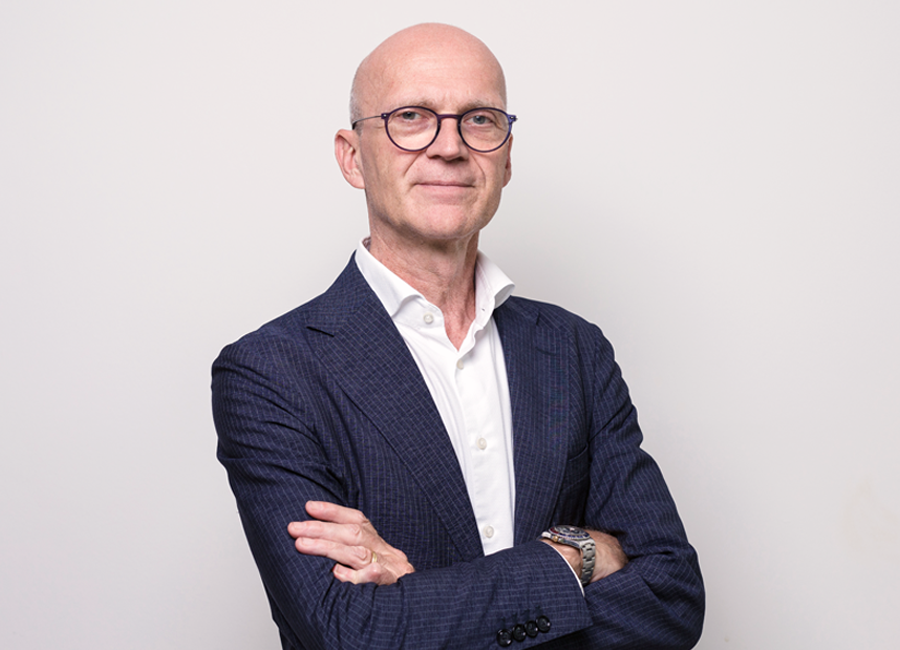
The threat of a double dip, urgent transformation, banks putting the brakes on: “Outdated financing concepts are of little help now,” says Ralf Ehret, partner and head of debt advisory at enomyc. But what do companies need to anticipate now in order to act early, honestly, and smartly? A look at worst-case scenarios and dream scenarios from a debt advisor.
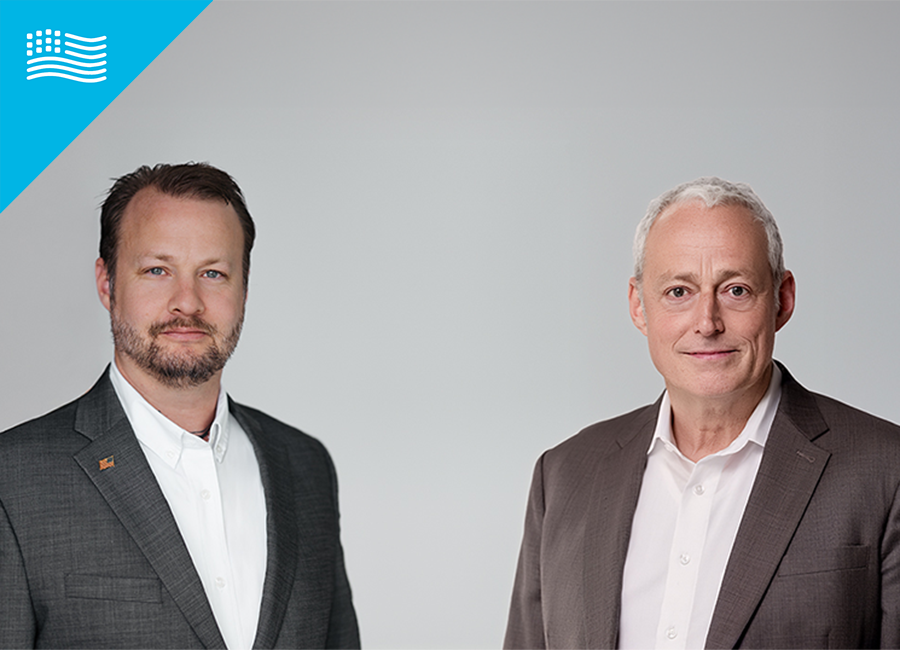
With the opening of its US office in Anderson, South Carolina, enomyc is taking an important strategic step in international consulting. In an interview, founder Martin Hammer and Managing Director Franz A. Wenzel explain why local American consulting expertise is a key success factor for the US market, what differences between European and American corporate and work culture are decisive, and how enomyc will provide even more targeted support to medium-sized companies in their global core markets in the future

Rising costs, a shortage of skilled workers, and dependence on Asia are putting pressure on Europe's small and medium-sized pharmaceutical companies. But while some are losing market share, others are using the crisis as an opportunity. Dr. Stefan Frings and Marius Stenzel show which five levers are now decisive for competitiveness and growth, from location strategy to digitalization.
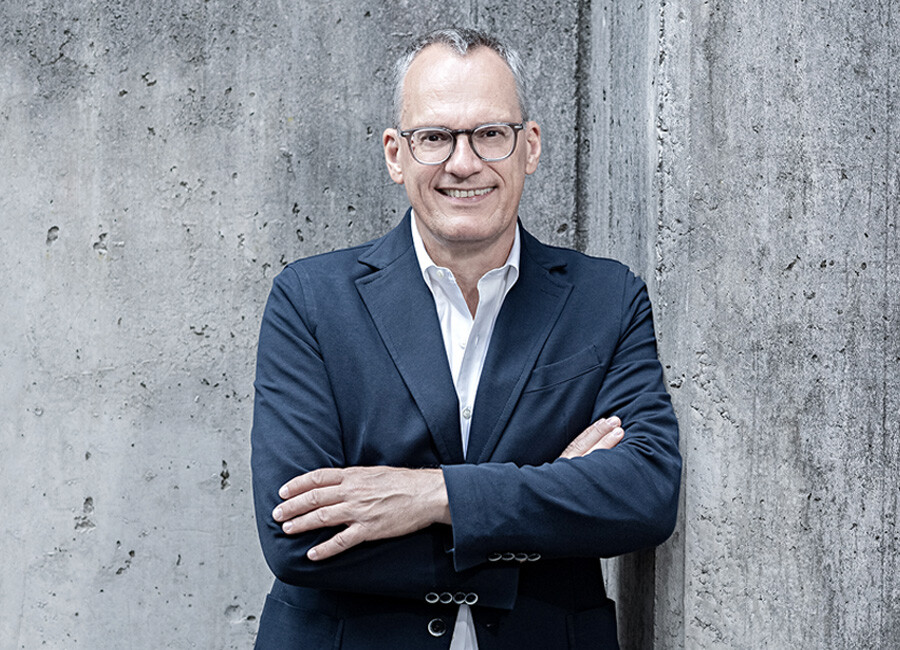
In times of high price sensitivity and declining brand loyalty, strategic pricing is more important than ever. But many companies are wasting potential: without clear pricing logic, without central responsibility—and without a focus on value. In this interview with Peter Klein, learn how companies can use professional pricing strategies to highlight customer benefits and grow more profitably.
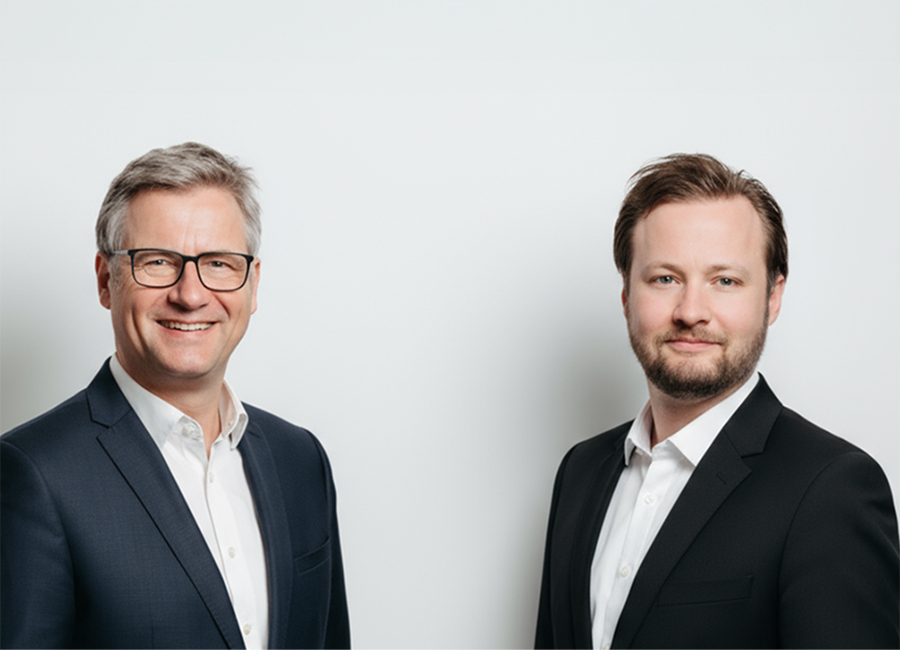
Artificial intelligence is putting pricing back in the spotlight for small and medium-sized businesses. This blog post highlights how modern technologies are refining pricing strategies, securing margins, and making sales processes more efficient. A conversation with our experts reveals the opportunities this presents for companies—and why it is now crucial to actively shape this change.

Whether large or small, virtually all companies must continuously adapt their production capacities to changing requirements. In a world where what seemed like an ironclad rule yesterday may no longer apply tomorrow, this is no easy task. In their article, enomyc experts Max Stehr and Christian Zeller explain what companies should pay attention to.
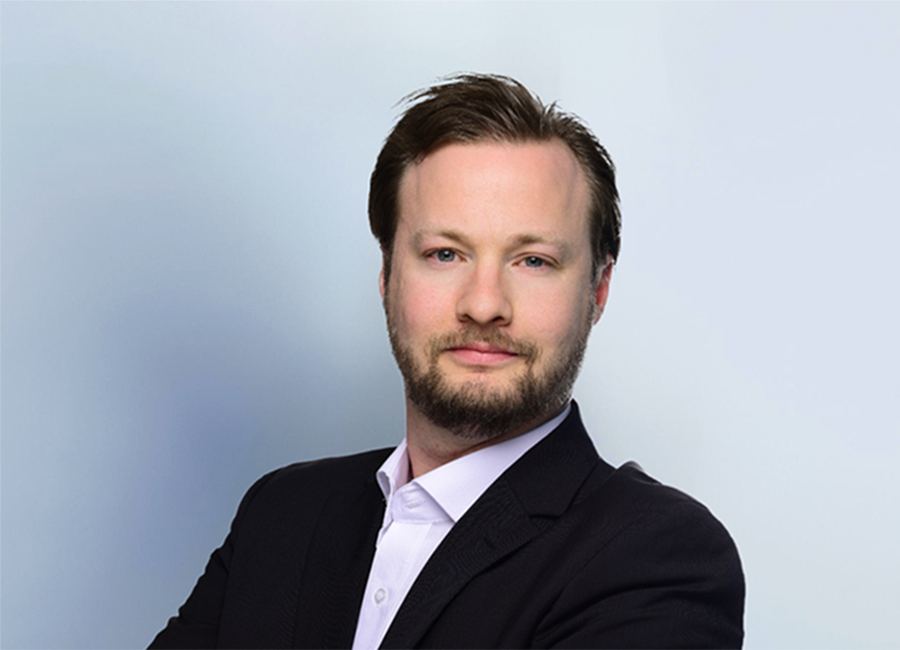
Only a fraction of German companies use blockchain in their daily practice. Does blockchain technology create more problems than solutions? Or does the decentralized system actually hold untold opportunities? How do companies benefit from stablecoins and DeFi? And how can blockchain solutions be implemented in German SMEs? Technology expert Franz A. Wenzel, Director at enomyc, answers burning business questions.












